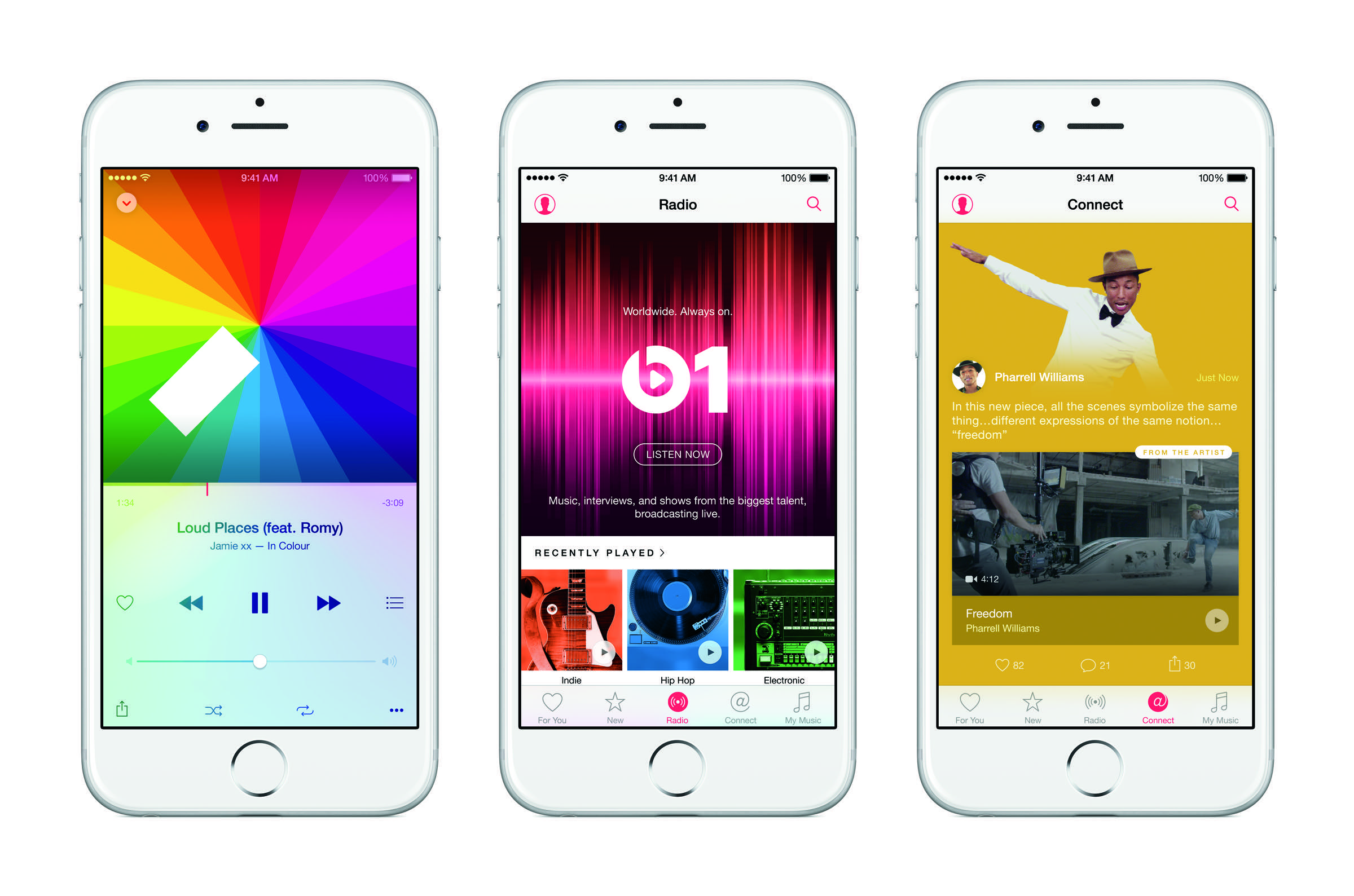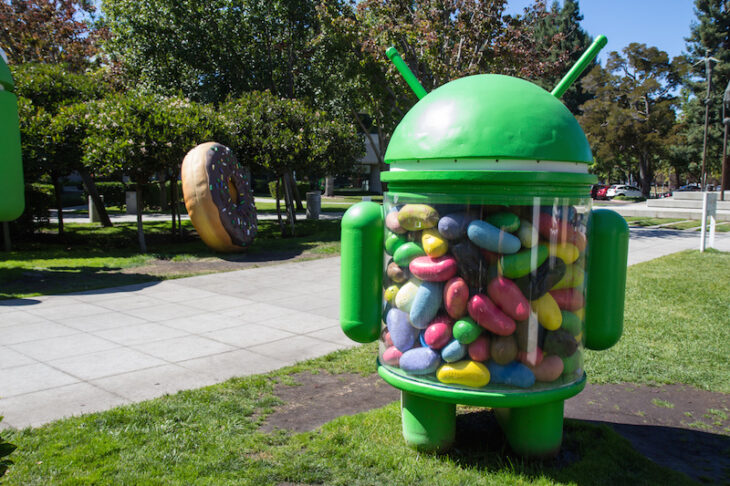Podcast: Play in new window | Embed
Listener Brian wants to know why Android operating systems seem to age so quickly
Brian asked: I use an LG Jellybean phone, and I’ve been trying to figure out why I’ve been having so many issues, the more and more updates come with the new Android systems. Trying to figure out if the apps are not being supported by the older systems.
Android has a problem when it comes to updates, except for Nexus devices every other phone has to go through a multistep process before it reaches the consumer.
First Google puts out an update, then it goes to manufacturers, they customize it, then it goes to carriers, they customize it, then it gets released.
This is bad because Google won’t support every phone, out of the ones they will, the manufacturer won’t support every one of their own phones, of the ones left, carrier won’t both with phones that weren’t too popular with their customers.
The problem with this isn’t just that your particular phone may not get updated, it’s that a lot of them don’t, which means they’re creating an extremely fragmented Android ecosystem where not all devices are compatible with all of the internal tools apps use to do what they do.
Over time that means that developers have to choose and older phones (even if they’re not that old) get left behind because more and more generations that work differently start coming out, and supporting those devices may become more important than finding a hack to keep the old ones running too, especially if that hack starts getting in the way of keeping things running smoothly on newer devices.
So, basically: you’re right. Apps just aren’t focused on older operating systems once those operating systems get old enough.
Jelly Bean was released in 2012, it hasn’t been updated since late 2013, and though it hasn’t been quite 2 years yet since it was last updated, it’s already been succeeded by KitKat, Lollipop, and Marshmallow is coming out soon.
A normal person would say less than 2 years makes it relatively new, Google seems to disagree and think that Jelly Bean is sitting on the dirt, rubbing sticks together to make a fire, and we should forget about it. That makes supporting it much harder.
A normal person would say less than 2 years makes it relatively new, Google seems to disagree
Unfortunately for you, the only real way around that problem is to move up to a newer operating system, or to learn to deal with your current one becoming less and less able to be a playground for newer software.
Normally, this is where one of our iPhonies would pipe up and tell you how much better it is on Apple’s side of the street, but the reality is that Apple does exactly the same thing.

iPhone users are presently on version 8.4.1 of iOS. If you want to try Apple’s new streaming music service, and you have the operating system from just 60 days ago, iOS 8.3–you can’t.
And when you update a phone, if you don’t like the new OS and you try and restore from one of your backups in iTunes, you can’t do that, either. Once a phone has a newer version of iOS on it, Apple won’t let you restore an older version. (Now, to be 100% accurate, there are third party workarounds for this, but nothing that Apple endorses or will assist you with.)
The bottom line is that both Google and Apple expect that you’ll download every single upgrade when it becomes available. With Apple, that’s easy because all updates come from them. With Google, however, you get Android filtered through your phone manufacturer and your wireless carrier first. With either system, though, leaving well enough alone isn’t an option.
If you should decide that you no longer want to upgrade your operating system, you should stop updating your apps at the same time, so you don’t lose apps as they start requiring the new OS to run.
Consumer Reports joined Into Tomorrow this week to review Samsung’s newest smartphones:
The new Samsung Galaxy S6 edge+ and Galaxy Note5 are good examples of how much variety a phone maker can squeeze out of two devices that share the same chassis. These sleek glass-and-aluminum phablets, which have 5.7-inch Quad HD displays, have nearly identical specs and capabilities, but they each offer something unique.
The Note5 looks very much like earlier Notes, except for its sleeker, slightly thinner unibody construction. The display of the S6 edge+, on the other hand, curves away from the viewer on the right and left, which makes it look like a giant Galaxy S6 edge. As compensation for not having a stylus, Samsung lets S6 edge+ users pull up their five most-important contacts with the sweep of a finger from either side of the display. A second sweep summons the five most-used apps.
Like the Galaxy S6 models that launched this spring, these new Samsungs support both Qi and Powermat wireless charging pads out of the box. They can also be rapidly charged from dead in just 2 hours. And you’ll need that advantage because these models don’t have removable batteries.
For more info on this story, visit ConsumerReports.org.



